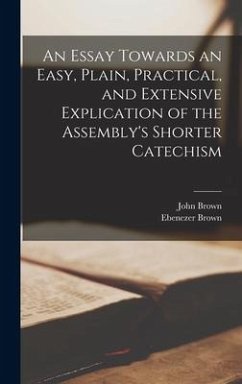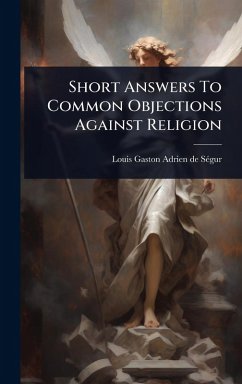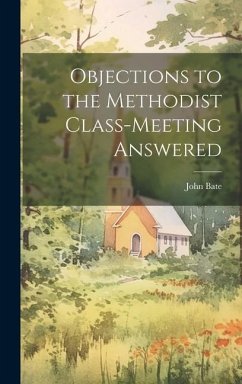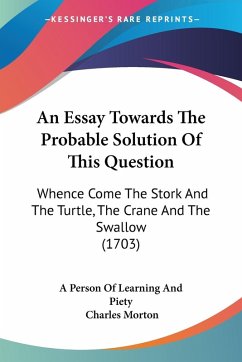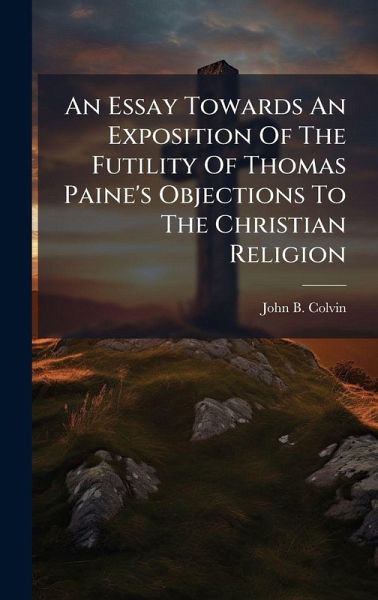
An Essay Towards An Exposition Of The Futility Of Thomas Paine's Objections To The Christian Religion
Versandkostenfrei!
Versandfertig in über 4 Wochen
30,99 €
inkl. MwSt.
Weitere Ausgaben:

PAYBACK Punkte
15 °P sammeln!
In "An Essay Towards An Exposition Of The Futility Of Thomas Paine's Objections To The Christian Religion," John B. Colvin offers a detailed rebuttal to Thomas Paine's criticisms of Christianity. This essay meticulously addresses Paine's arguments against Christian doctrine, scripture, and historical accounts. Colvin's work serves as both a defense of Christian beliefs and an exploration of the philosophical and theological foundations underpinning them. This book provides valuable insight into the religious and intellectual debates of the late 18th and early 19th centuries, a period marked by...
In "An Essay Towards An Exposition Of The Futility Of Thomas Paine's Objections To The Christian Religion," John B. Colvin offers a detailed rebuttal to Thomas Paine's criticisms of Christianity. This essay meticulously addresses Paine's arguments against Christian doctrine, scripture, and historical accounts. Colvin's work serves as both a defense of Christian beliefs and an exploration of the philosophical and theological foundations underpinning them. This book provides valuable insight into the religious and intellectual debates of the late 18th and early 19th centuries, a period marked by significant challenges to traditional religious authority. It is a valuable resource for those interested in the history of Christian apologetics and the ongoing dialogue between faith and reason. This work has been selected by scholars as being culturally important, and is part of the knowledge base of civilization as we know it. This work was reproduced from the original artifact, and remains as true to the original work as possible. Therefore, you will see the original copyright references, library stamps (as most of these works have been housed in our most important libraries around the world), and other notations in the work. This work is in the public domain in the United States of America, and possibly other nations. Within the United States, you may freely copy and distribute this work, as no entity (individual or corporate) has a copyright on the body of the work. As a reproduction of a historical artifact, this work may contain missing or blurred pages, poor pictures, errant marks, etc. Scholars believe, and we concur, that this work is important enough to be preserved, reproduced, and made generally available to the public. We appreciate your support of the preservation process, and thank you for being an important part of keeping this knowledge alive and relevant.



![An Essay Towards an Instruction for the Indians, Explaining the Most Essential Doctrines of Christianity [microform]: Which May Be of Use to Such Chri Cover An Essay Towards an Instruction for the Indians, Explaining the Most Essential Doctrines of Christianity [microform]: Which May Be of Use to Such Chri](https://bilder.buecher.de/produkte/66/66190/66190256n.jpg)
